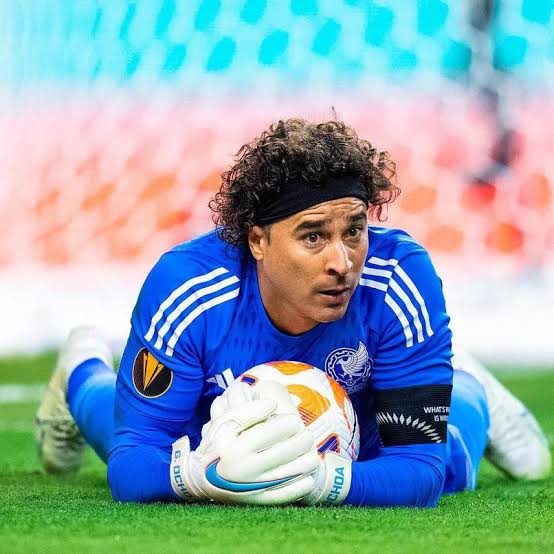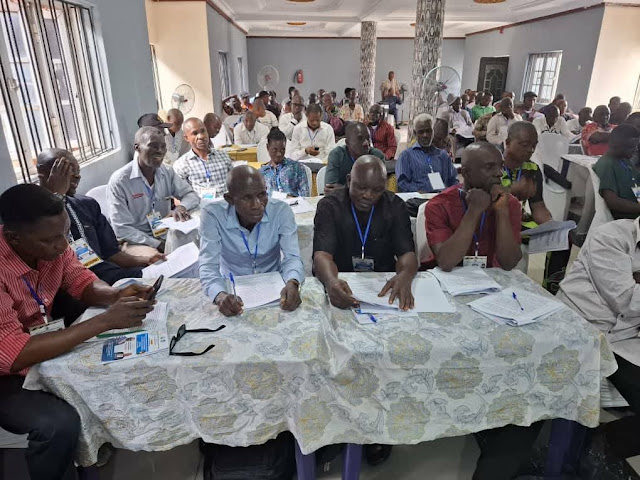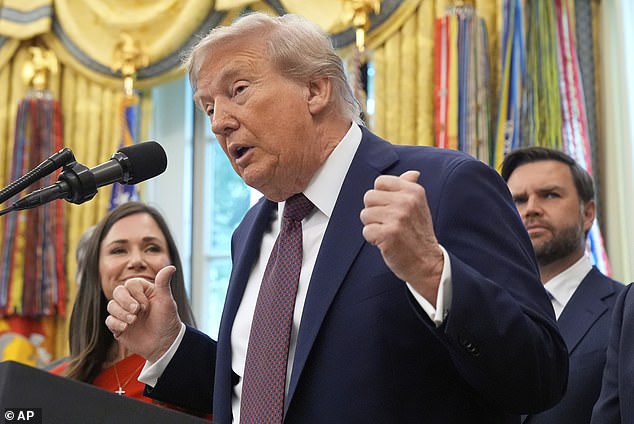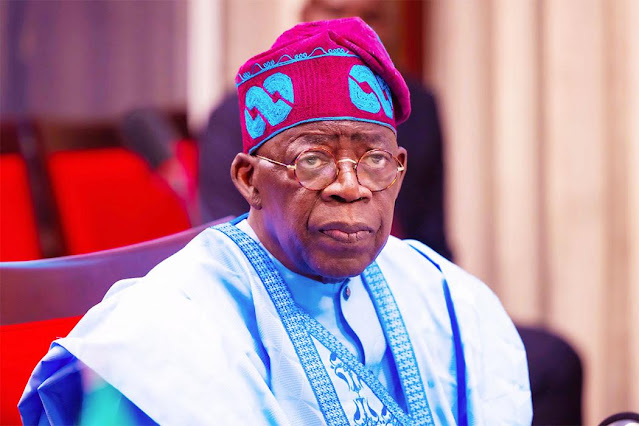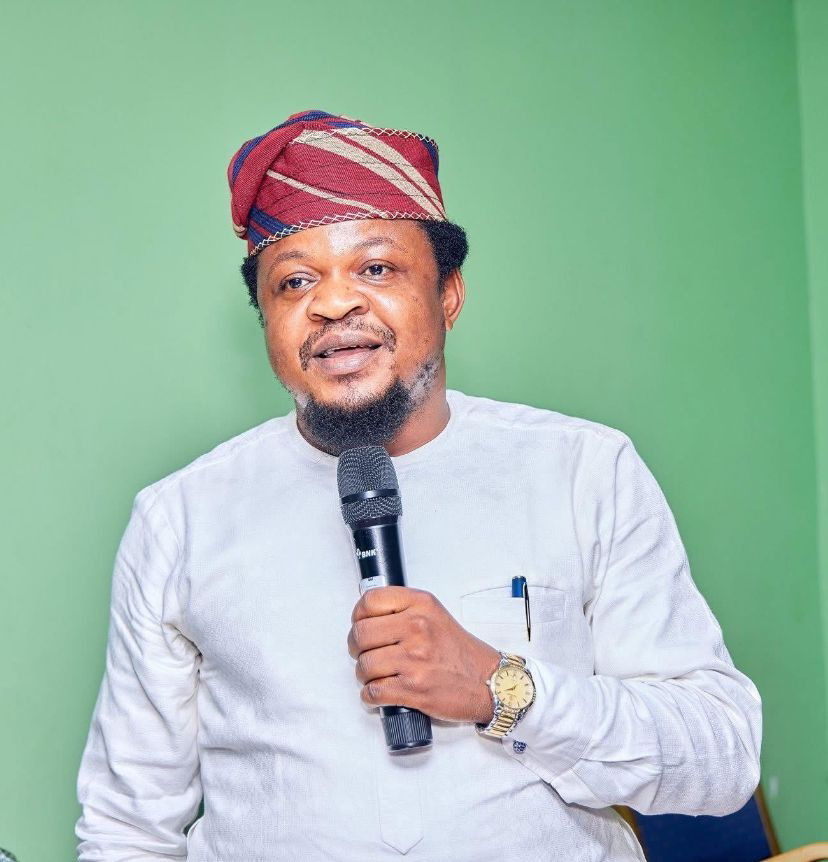In a stunning twist that has left the football world buzzing with disbelief, a potential transfer deal involving Mexican goalkeeper Guillermo Ochoa collapsed in dramatic fashion after the veteran player stepped out for a coffee break during negotiations and failed to return. The incident, which occurred in early September 2025, has sparked a whirlwind of speculation, humor, and criticism, shining a spotlight on the unpredictable nature of the football transfer market, the pressures faced by players, and the fine line between professionalism and personal choice. At 40 years old, Ochoa, a beloved figure in Mexican football and a global icon, now finds himself at the center of a peculiar controversy that has captivated fans, analysts, and clubs alike. This article explores the details of the incident, Ochoa’s storied career, the dynamics of the transfer market, public reactions, and the broader implications for the sport, offering a comprehensive look at one of the most bizarre transfer sagas in recent memory.
The Coffee Break That Changed Everything
The saga unfolded during what was meant to be a routine negotiation between Ochoa and representatives of an unnamed European football club. The club, reportedly a mid-tier team in a top-tier league, was eager to secure the services of the experienced goalkeeper to strengthen their squad for the 2025-26 season. The discussions, held in a confidential setting, were progressing smoothly, with both sides ironing out key details such as salary, contract duration, and performance incentives. Ochoa, known for his professionalism and calm demeanor, was actively engaged in the talks, offering input and appearing committed to the potential move.
However, in a moment that would soon become the stuff of football legend, Ochoa excused himself from the meeting, citing a need for a quick coffee break to recharge. According to those present, he left the room with assurances that he would return shortly. Minutes turned into hours, and as the wait grew longer, it became clear that something was amiss. Attempts to reach Ochoa by phone went unanswered, and the goalkeeper, who had been on the verge of signing a potentially lucrative deal, was nowhere to be found. The negotiations collapsed, leaving club officials stunned and scrambling to make sense of the situation.
The reasons behind Ochoa’s disappearance remain shrouded in mystery. Some speculate that he may have had last-minute doubts about the move, perhaps due to concerns about the club’s ambitions, the terms of the contract, or personal considerations such as family or lifestyle. Others suggest that the incident could have been a miscommunication, with Ochoa possibly believing the meeting had concluded or that his presence was no longer needed. More outlandish theories have also emerged, including the possibility that Ochoa deliberately walked away to send a message to the club or to his current employers, though no evidence supports such claims. As of now, neither Ochoa nor his representatives have commented publicly, leaving the football world to piece together the puzzle of the coffee break that never ended.
Guillermo Ochoa: A Legend in Goal
To fully appreciate the significance of this incident, it’s worth revisiting the remarkable career of Guillermo Ochoa, widely regarded as one of Mexico’s greatest-ever goalkeepers. Born on July 13, 1985, in Guadalajara, Mexico, Francisco Guillermo Ochoa Magaña, affectionately known as “Memo,” began his professional career with Club América in Liga MX, where his reflexes, acrobatic saves, and commanding presence quickly established him as a standout talent. His performances earned him a call-up to the Mexican national team, where he became a mainstay, representing El Tri in five FIFA World Cups (2006, 2010, 2014, 2018, and 2022) and amassing over 150 international caps.
Ochoa’s defining moment came during the 2014 World Cup in Brazil, where his heroics in a 0-0 draw against the host nation, including a series of jaw-dropping saves, earned him global acclaim. The performance solidified his reputation as a clutch performer capable of rising to the occasion on the biggest stages. Beyond his international exploits, Ochoa has enjoyed a successful club career, with stints in Europe at Ajaccio (France), Málaga and Granada (Spain), and Standard Liège (Belgium). In 2022, he returned to Club América before joining Italian Serie A side Salernitana, where he played until the summer of 2025.
At 40, Ochoa remains a formidable presence in goal, defying age with his fitness and skill. His experience, leadership, and marketability make him an attractive option for clubs seeking a reliable goalkeeper, even as he navigates the later stages of his career. The coffee break incident, however, has raised questions about his decision-making and professionalism, threatening to cast a shadow over an otherwise stellar legacy.
The Transfer Market: A High-Pressure Arena
The collapse of Ochoa’s transfer deal offers a glimpse into the high-stakes, high-pressure world of the football transfer market, a multi-billion-dollar industry that operates under intense scrutiny and tight deadlines. The transfer window, typically open in the summer and winter, is a frenetic period during which clubs buy, sell, and loan players to build competitive squads. Negotiations involve a complex interplay of financial considerations, player preferences, and strategic planning, with agents, lawyers, and club executives working to secure favorable deals.
For veteran players like Ochoa, the transfer market presents unique challenges. Clubs often weigh their experience and leadership against concerns about age, physical decline, and long-term value. In Ochoa’s case, the unnamed club likely saw him as a short-term solution to bolster their goalkeeping department, possibly as a starter or a mentor to younger players. The fact that negotiations reached an advanced stage suggests that both sides were close to an agreement, making Ochoa’s sudden disappearance all the more surprising.
The incident highlights the unpredictable nature of transfer talks, where emotions, miscommunications, or last-minute doubts can derail even the most promising deals. For clubs, a failed transfer can disrupt months of planning, forcing them to pivot to alternative targets or adjust their strategy for the season. The unnamed club in this case likely invested significant resources in pursuing Ochoa, including scouting, financial analysis, and legal preparations. The collapse of the deal may have left them in a precarious position, particularly if they were counting on Ochoa to fill a critical gap in their squad.
Public and Fan Reactions: A Mix of Humor and Criticism
The news of Ochoa’s coffee break disappearance has generated a tidal wave of reactions, ranging from amusement to outrage, across the football community. Social media platforms have been flooded with memes, jokes, and theories, with fans and commentators seizing on the absurdity of the situation. “Ochoa ghosting a transfer deal for a coffee break is the most 2025 thing ever,” one user posted, accompanied by a string of laughing emojis. Another fan quipped, “Memo went for coffee and decided he’d rather brew his own future.”
In Mexico, where Ochoa is a national hero, reactions have been more nuanced. Many fans have expressed support, suggesting that there may be more to the story than meets the eye. “Memo is a professional; he wouldn’t just walk away without a reason,” one supporter wrote. “Let’s hear his side before judging.” Others, however, have criticized the goalkeeper, arguing that his actions reflect poorly on his legacy and on Mexican football as a whole. “This is embarrassing,” one fan tweeted. “Ochoa should know better than to leave a club hanging like that.”
The incident has also sparked discussions among football analysts, who see it as a case study in the pressures of the transfer market. Some have framed it as a humorous anecdote in an industry often dominated by serious financial and competitive concerns, while others have used it to critique the expectations placed on aging players. The story’s viral spread underscores the power of social media in amplifying off-field drama, turning a relatively minor incident into a global talking point.
Expert Perspectives: Professionalism, Mental Health, and the Transfer Window
Sports analysts and psychologists have offered insights into the possible motivations behind Ochoa’s actions, highlighting the intersection of professionalism, mental health, and the pressures of the transfer market. Dr. Sofia Alvarez, a sports psychologist, suggests that the incident may reflect the immense stress players face during transfer negotiations. “The transfer window is a high-pressure environment,” she explains. “Players are expected to make life-altering decisions under tight deadlines, often while juggling personal and professional commitments. It’s possible that Ochoa felt overwhelmed and needed to step away, even if his method was unconventional.”
Alvarez also notes that veteran players like Ochoa may face unique emotional challenges as they approach the end of their careers. “At 40, Ochoa is likely reflecting on his legacy and what he wants from his final years in football,” she says. “If the deal didn’t align with his goals or values, walking away may have been his way of asserting control, even if it came at the cost of professionalism.”
Football agents, however, have been less forgiving. “This kind of behavior is rare and unacceptable,” says Carlos Mendes, a player agent with experience in European transfers. “Negotiations require trust and communication. Leaving without explanation not only derails the deal but also risks damaging a player’s reputation with other clubs.” Mendes suggests that Ochoa’s actions could make it harder for him to secure future moves, as clubs may view him as unpredictable or unreliable.
From a club perspective, the incident highlights the risks of investing in veteran players. “Clubs take a gamble when signing older players,” says Maria Lopez, a sports management consultant. “They offer experience and leadership, but there’s always the possibility of unforeseen issues, whether it’s fitness, commitment, or, in this case, something as bizarre as a coffee break disappearance.”
The Cultural Context: Football in Mexico and the Global Stage
In Mexico, football is a cultural cornerstone, uniting millions of fans and serving as a source of national pride. Guillermo Ochoa, as one of the country’s most iconic athletes, carries the weight of these expectations. His performances in World Cup tournaments and European leagues have made him a symbol of Mexican excellence, and his every move is closely watched by fans and media alike. The coffee break incident, while humorous to some, has sparked debate about how Mexican players are perceived internationally and the challenges they face in navigating the global football landscape.
Mexican players have historically struggled to secure consistent success in Europe, where the pace, physicality, and scrutiny are often more intense than in Liga MX. Ochoa’s stints at clubs like Ajaccio and Granada were marked by standout performances but also by challenges, such as limited playing time at Málaga. His decision to walk away from this latest opportunity may reflect a desire to prioritize his well-being or return to a more familiar environment, such as Mexico or a less demanding league like Major League Soccer (MLS) or the Saudi Pro League.
Globally, the incident adds to the rich tapestry of football’s transfer sagas, where drama and unpredictability are par for the course. From players failing medicals to clubs pulling out of deals at the last minute, the transfer market is no stranger to surprises. However, Ochoa’s coffee break disappearance stands out for its sheer absurdity, joining the ranks of other infamous transfer stories that have become part of football folklore.
The Broader Implications: Professionalism and the Human Side of Football
The Ochoa incident raises important questions about professionalism, mental health, and the human side of football. In an industry where players are often treated as commodities, the pressure to perform, relocate, and adapt to new environments can be overwhelming. For veteran players, these pressures are compounded by questions about legacy, aging, and the desire to end their careers on their own terms. Ochoa’s actions, while unorthodox, may reflect a moment of personal agency in a system that often leaves players with little control.
For clubs, the incident underscores the importance of clear communication and thorough due diligence during transfer negotiations. The unnamed club likely invested significant resources in pursuing Ochoa, only to see the deal collapse in spectacular fashion. This may prompt clubs to reassess how they approach negotiations with veteran players, ensuring that expectations are aligned and potential risks are mitigated.
The incident also highlights the role of mental health in professional sports. While footballers are often seen as larger-than-life figures, they are human beings with emotions, doubts, and vulnerabilities. Clubs and governing bodies may need to invest in better support systems, such as counseling or mentorship programs, to help players navigate the pressures of the transfer market and the later stages of their careers.
The Role of Social Media in Shaping the Narrative
The rapid spread of the Ochoa story demonstrates the power of social media in amplifying football news and shaping public perception. Platforms like X have allowed fans, analysts, and journalists to share their reactions in real-time, turning a quirky incident into a global phenomenon. The humorous tone of many posts reflects the lighter side of football fandom, where fans relish the chance to poke fun at players and clubs. However, the viral nature of the story also underscores the challenges of managing public image in the digital age, as memes and jokes can overshadow a player’s accomplishments.
For Ochoa, the social media frenzy may pose a temporary challenge to his reputation, but his status as a football legend is unlikely to be seriously tarnished. For the unnamed club, the incident could impact its credibility in the transfer market, as other players and agents may question its ability to close deals effectively.
The Future for Ochoa and the Club
As the 2025 transfer window continues, Guillermo Ochoa’s next move remains uncertain. With his contract status unclear, he may still attract interest from other clubs, particularly in leagues where veteran players are valued, such as the MLS, Saudi Pro League, or even a return to Liga MX. However, the coffee break incident could make clubs hesitant, fearing similar unpredictability. Ochoa’s silence on the matter suggests he may be waiting for the right opportunity to clarify his actions or announce his next move.
For the unnamed club, the collapse of the deal is a setback but not a catastrophe. Clubs often have contingency plans for failed transfers, and the goalkeeping market remains robust, with several talented players available. The incident may prompt the club to review its negotiation processes, ensuring better communication and alignment with prospective signings.
Lessons for the Football Industry
The Ochoa incident offers several lessons for the football industry. First, it highlights the need for transparency and communication during transfer negotiations to avoid misunderstandings or abrupt breakdowns. Second, it underscores the importance of addressing players’ mental health and well-being, particularly during high-pressure moments like the transfer window. Finally, it serves as a reminder that football, despite its global reach and financial stakes, is a human endeavor, subject to quirks, missteps, and unexpected twists.
Clubs may also take this as a cue to invest in better support systems for players, including mental health resources and clear channels for communication during negotiations. For players, the incident is a reminder of the importance of professionalism, even in moments of doubt or frustration. While walking away from a deal may be a valid choice, doing so in a way that respects all parties can help preserve relationships and reputations.
Conclusion: A Brew of Controversy in Football’s Transfer Saga
The collapse of Guillermo Ochoa’s transfer deal over a coffee break is a story that blends humor, drama, and intrigue, capturing the unpredictable nature of professional football. For a player of Ochoa’s stature, the incident is an unusual chapter in a career defined by excellence and resilience. For the unnamed club, it’s a frustrating reminder of the challenges of navigating the transfer market. As fans and analysts continue to speculate about the reasons behind Ochoa’s disappearance, the incident serves as a broader commentary on the pressures of the modern game, the human side of football, and the delicate balance between personal choice and professional responsibility.
Whether Ochoa’s coffee break was a moment of rebellion, a misunderstanding, or simply a need for a caffeine fix, it has left an indelible mark on the 2025 transfer window. As the football world awaits his next move, one thing is clear: in the high-stakes, high-drama world of football transfers, even a simple coffee break can brew a storm of controversy that resonates far beyond the pitch.


